
How Access funding is reaching England’s rural communities
This blog examines how far Access funding is reaching rural communities.

This blog examines how far Access funding is reaching rural communities.
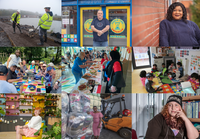
Access is now open to funding applications from social investors and intermediaries. This follows confirmation from the Government that £87.5 million will be allocated to Access for social investment.
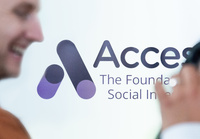
Updates from the Access team on all things social investment, blended finance and enterprise grantmaking

A blog looking back of the work of Access and our many partners.
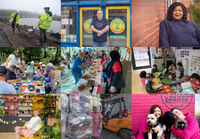
John Kingston, Founding Chair – Reflects on why Access was created, the original mission, and staying true to it over 10 years.
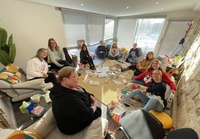
Jenny Westwood, IntraQuest – How social investment enabled a small, community-based organisation to transform children’s lives.
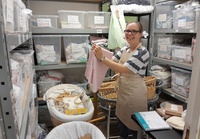
Sarah Martin & Sheika Johnston, VOSCUR – Local leadership and flexible support enabling community enterprise growth in Bristol.

Bonnie Chiu, Co-founder of Pathway Fund and the Diversity Forum – Real equity requires tackling power, bias, and inclusion, not just technical fixes.
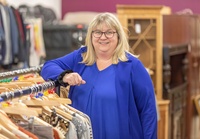
Matt Smith, Key Fund – How blended finance helped reach organisations often excluded from traditional funding.
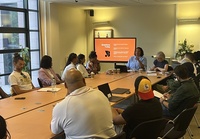
Asher Craig, CEO of Pathway Fund reflects on the need shift power, build infrastructure and channel long-term investment into Black-led and other underrepresented community organisations.

Joshua Meek of Unity Trust Bank calls on banks and institutions to put capital into underserved communities, highlighting how Blended Finance approaches help make these investments viable and impactful.